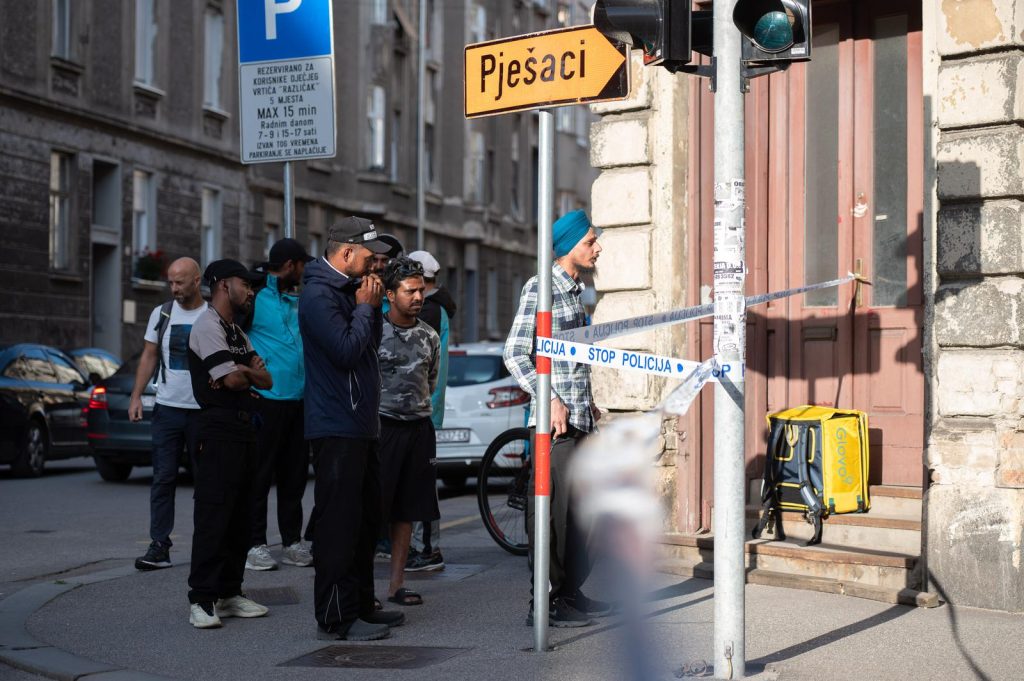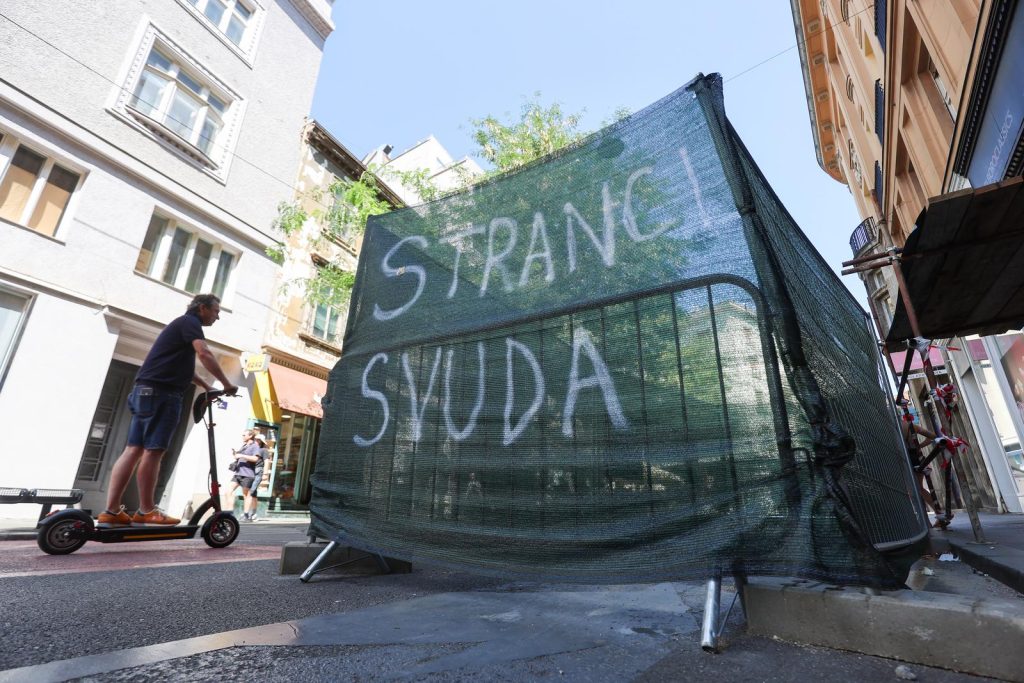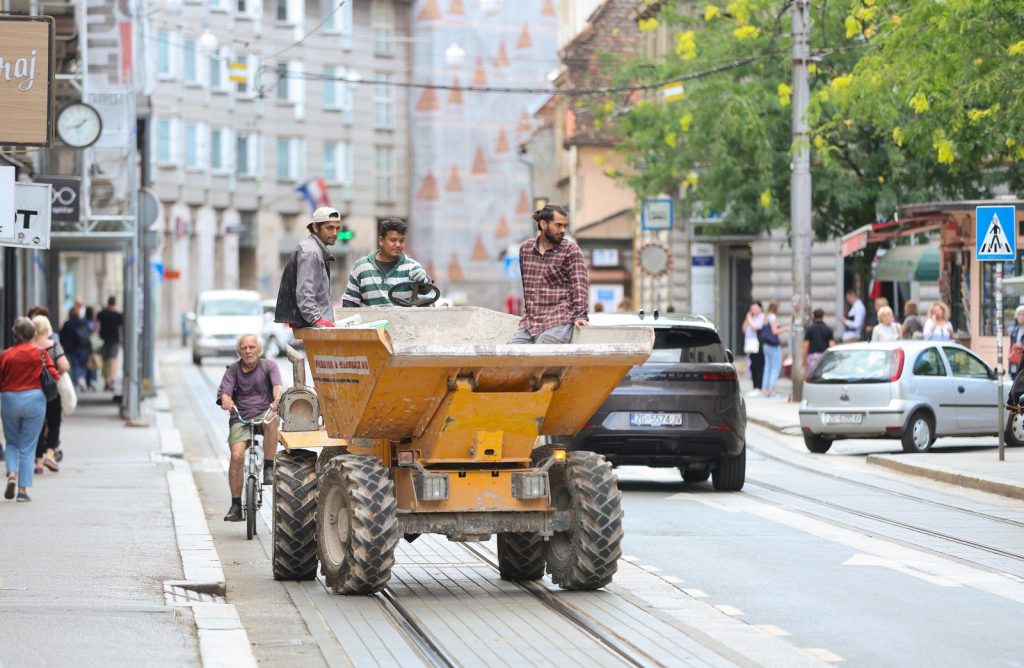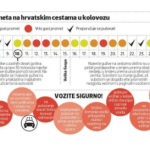August the 30th, 2024 – 143,000 foreign workers are now employed in Croatia. From Nepal to India and from the Philippines to Egypt, has this move dragged the price of labour down?
As Mladen Miletic/Poslovni Dnevnik writes, Labour Minister Marin Piletić recently outlined the details of the changes to Croatia’s infamous Law on Foreigners. It will now extend residence and work permits for three years and introduce standards for the accommodation of foreign workers in Croatia.
The number of requests for permits for foreign workers from third countries (non-EU) is not equal to the number of foreign workers currently working in Croatia. In fact, according to the data held by the Pension Insurance Institute, 143,000 foreign workers are currently employed across Croatia.
“Of these foreign workers in Croatia, almost 12,000 individuals come from EU countries. Almost half of the remaining number come from nearby non-EU European countries, mostly from Bosnia and Herzegovina, Serbia, Macedonia, Kosovo and Albania,” Piletić revealed.
Nepal, India and the Philippines

Over the last few years, there has been an increase in foreign workers in Croatia from Asia, with Nepal, India and the Philippines leading the way in terms of the number of people. Minister Piletić said that they aren’t lowering the price of labour because it is evidently not falling. Instead, he claims that the average salary is increasing from month to month. “Foreign labour did not lower the price of labour in Croatia, but instead responded to all the challenges of the Croatian economy”.
Despite the record number of employees in the Republic of Croatia, foreign workers make up 8% of the total workforce. Piletić said that the government, after having consulted with various social partners, trade unions and employers, prepared amendments to the Law on Foreigners.
regulating the work of agencies

“Residence and work permits will be extended from the current one year to three years, depending on the duration of their work contract. The goal is to enable an easier transition within the same employer to different jobs, as well as an easier change of employers,” he announced. The new criteria includes the obligation of minimum monthly turnover on the giro accounts of agencies that import foreign labour and limiting the number of requests in relation to the number of permanent employees in these agencies. The goal is the proper integration of foreign workers into normal Croatian society, the minister emphasised.
For the first time, the most recent amendments to the Law on Foreigners define the conditions for the accommodation of foreign labour. The minister referred to the sometimes totally unacceptable conditions in which these people live and explained that it doesn’t make sense to have criteria and standards for the accommodation of seasonal workers, while not having any prescribed norms for the accommodation of foreign workers of this type.
“The Ministry of the Interior (MUP) will issue a regulation that will properly regulate the accommodation standards of foreign workers in Croatia,” the Minister of Labour assured.











